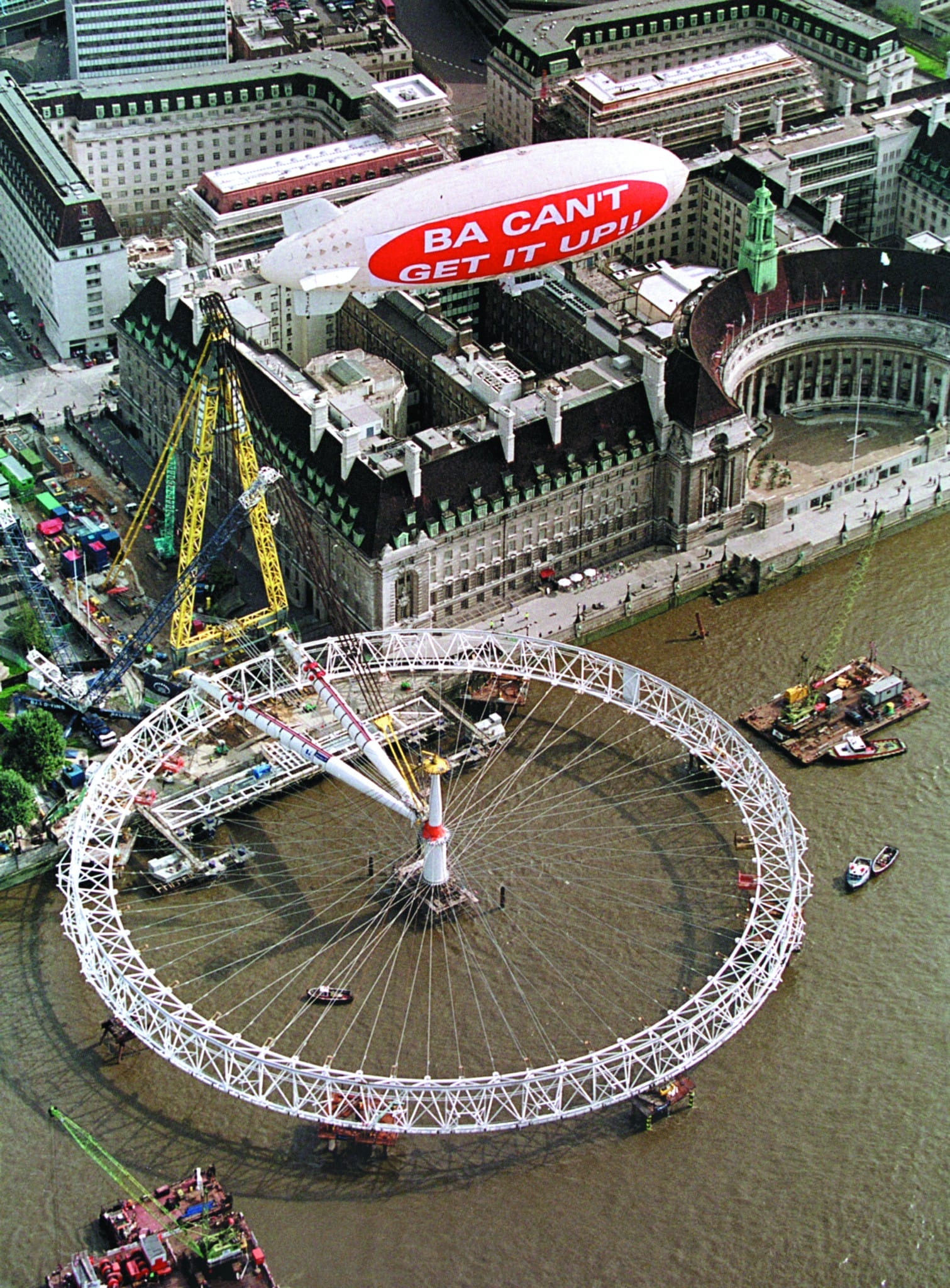Trash-talking: It’s not just for athletes anymore. From social media to C-suites to, yes, the White House, it seems everyone is ready to hurl an insult at the competition these days. But what are the effects of all this disparagement? That’s the question posed by Wharton professor Maurice Schweitzer, assistant professor Samir Nurmohamed, and visiting scholar and Georgetown professor Jeremy Yip, in “Trash-Talking: Competitive Incivility Motivates Rivalry, Performance, and Unethical Behavior.” The trio’s ongoing research into trash-talking in the organizational world has already revealed some interesting findings about its real impacts.
1. The Question: How does trash-talking affect the motivation and performance of its targets?
2. The Definition: “We conceptualize trash-talking as competitive incivility,” Yip says. One famous example: When British Airways, the company sponsoring construction of the London Eye in 2000, ran into technical difficulties, competitor Richard Branson of Virgin Atlantic Airways flew a blimp over the site with a giant banner reading “BA can’t get it up!!” Says Yip: “It’s this style of aggressive communication in competition that we explore.”
 3. Key Findings: In competitive contexts, individuals working on effort-based tasks who were the targets of trash-talking actually outperformed participants who weren’t trash-talked, showing more effort and sometimes even a willingness to use unethical practices to win. But the trio also found that in both cooperative and creative tasks, trash-talking had the opposite effect, diminishing the performance of the worker.
3. Key Findings: In competitive contexts, individuals working on effort-based tasks who were the targets of trash-talking actually outperformed participants who weren’t trash-talked, showing more effort and sometimes even a willingness to use unethical practices to win. But the trio also found that in both cooperative and creative tasks, trash-talking had the opposite effect, diminishing the performance of the worker.
 4. The Takeaways: “Trash-talkers need to recognize that they may unintentionally be boosting their opponents motivation and performance,” Yip says. Meantime, the researchers’ ongoing studies are finding that trash-talking somebody else’s group may have a bonding effect on those doing the trashing.
4. The Takeaways: “Trash-talkers need to recognize that they may unintentionally be boosting their opponents motivation and performance,” Yip says. Meantime, the researchers’ ongoing studies are finding that trash-talking somebody else’s group may have a bonding effect on those doing the trashing.
Published as “Uncivil Wars: How Trash-Talking Affects Performance” in the Fall/Winter 2017 issue of Wharton Magazine.

























